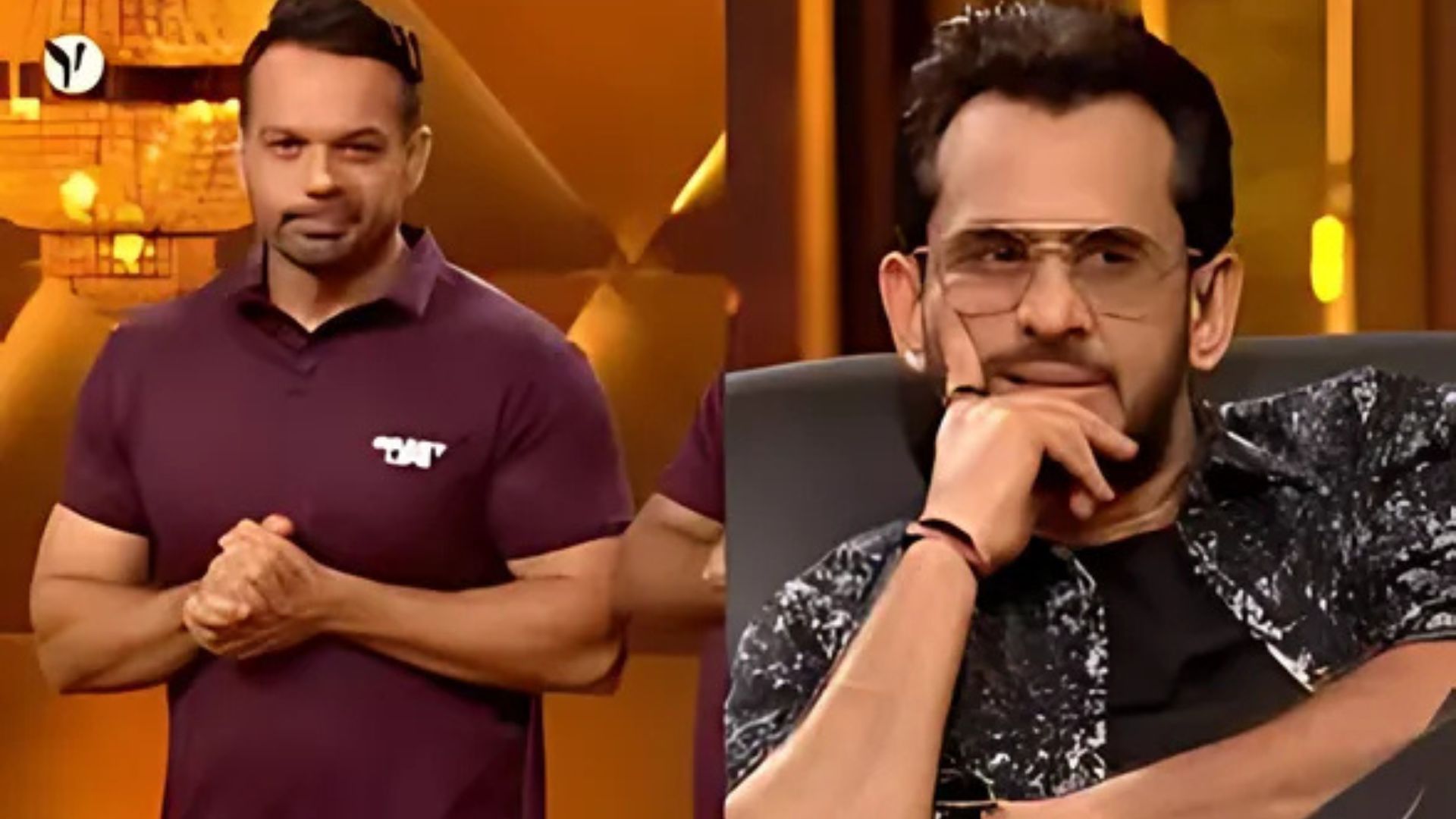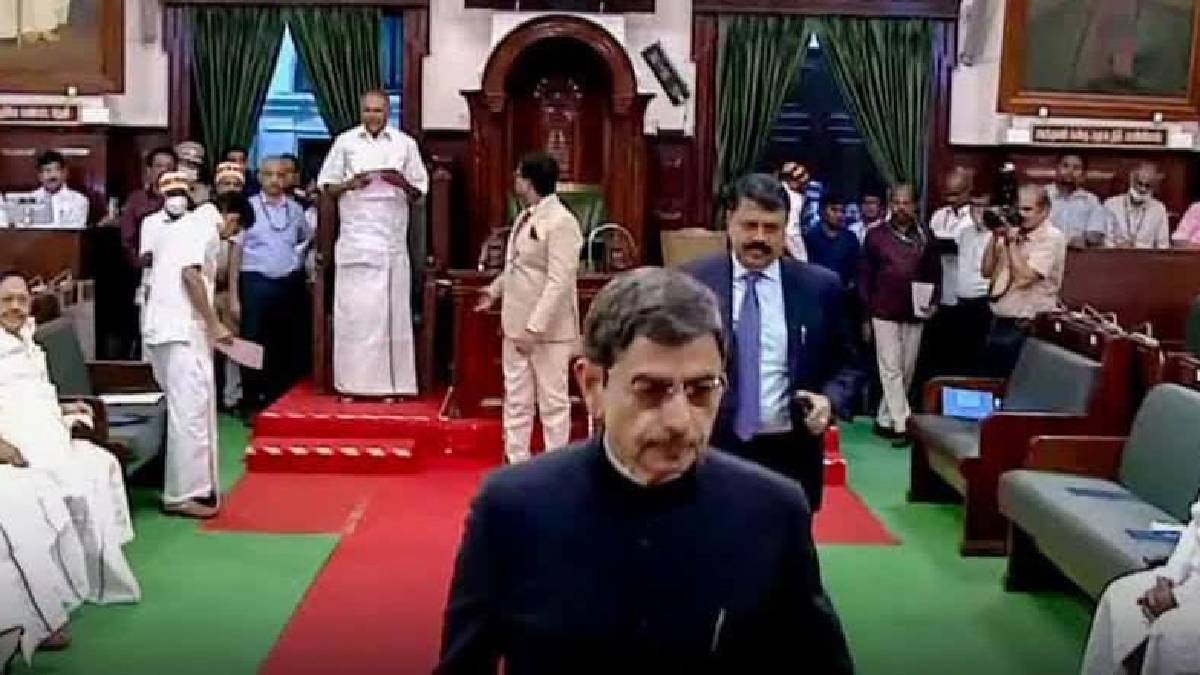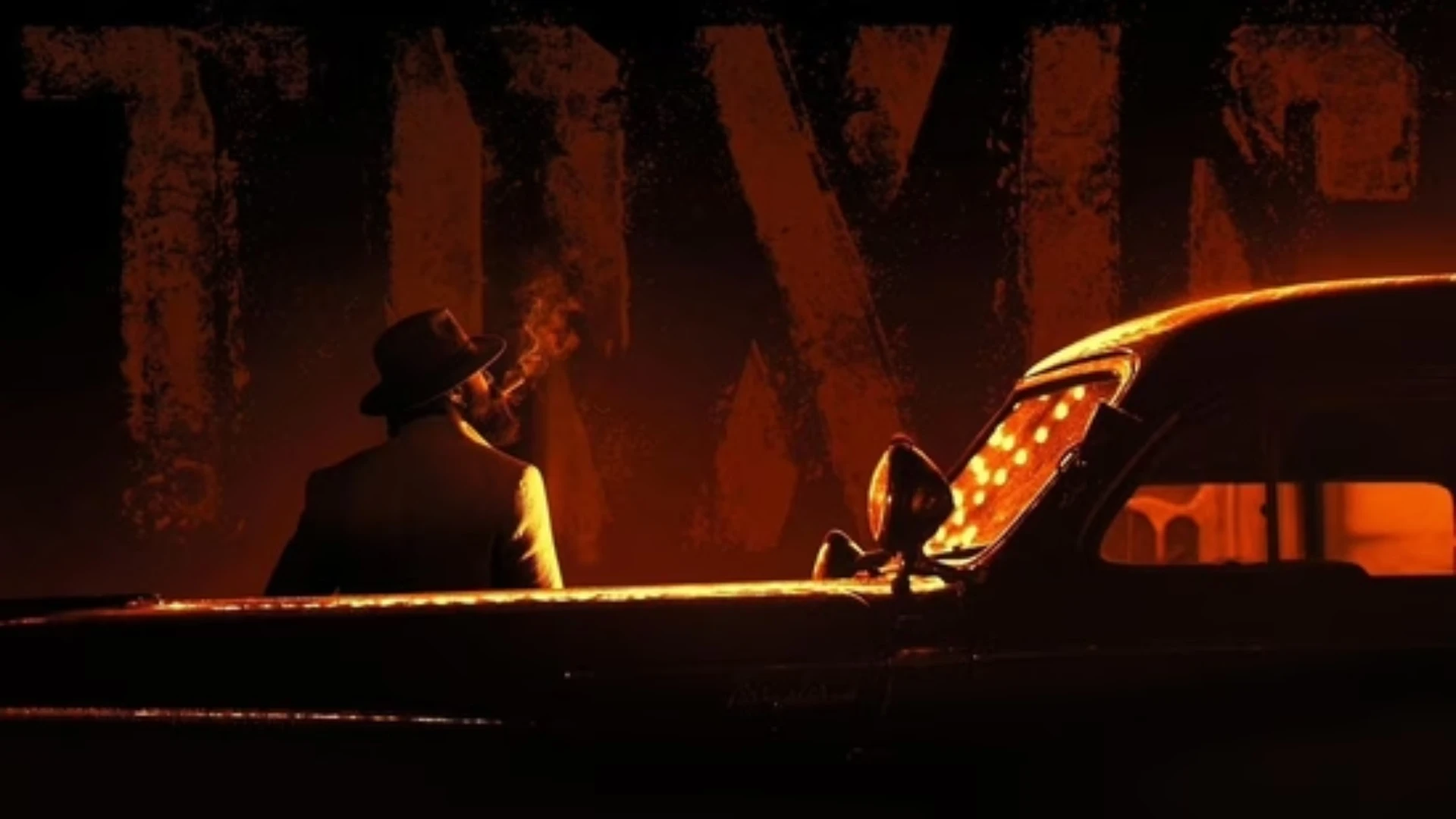In Bangladesh, tensions continue to rise as minority communities, particularly Hindus, face an escalating series of attacks and crackdowns. The arrest of Chinmoy Krishna Das, an ISKCON priest, on charges of sedition has sent shockwaves throughout the nation and sparked widespread protests. The arrest occurred after allegations that Das had shown disrespect towards the national flag during a rally in Chattogram, organized to highlight the persecution of Hindu minorities. The incident has become a focal point for simmering discontent, drawing national and international attention.
The Bangladesh Court to Hear Bail Plea
Chinmoy Krishna Das is awaiting a crucial court hearing for his bail. Scheduled for December 3, this hearing will be conducted by Metropolitan Sessions Judge Mohammad Saiful Islam. According to Mofizur Rahman, the Additional Deputy Commissioner of the Chattogram Metropolitan Police, the hearing was delayed due to a boycott and work stoppage by lawyers earlier in the week.
Adding to the gravity of the situation, Advocate Ramen Roy, the lawyer representing Das, was brutally attacked and is now in intensive care. Radharamn Das, spokesperson for ISKCON Kolkata, reported that Islamists had ransacked Roy’s home and assaulted him, leaving him fighting for his life. On social media, Radharamn Das called for prayers for Roy, emphasizing that his only “fault” was defending Chinmoy Krishna Das in court.
A Tumultuous Timeline of Events in Bangladesh
The arrest and subsequent unrest have unfolded alongside several other troubling incidents, shedding light on the deepening crisis. Below is a timeline highlighting significant developments:
- Chinmoy Krishna Das Arrested: Das was detained after an incident in Chattogram where he allegedly disrespected the national flag during a protest rally. Following his arrest, he was denied bail and remains imprisoned.
- Aides Arrested: On November 29, two monks, Adipurush Shyam Das and Ranganath Das Brahmachari, were arrested as they were returning from a visit to Das.
- Violent Clashes and a Fatality: On Tuesday, assistant government prosecutor Saiful Islam Alif was killed in clashes between the police and supporters of Das in Chattogram. This incident stoked further anger and calls for action against ISKCON.
- High Court’s Ruling on ISKCON: In response to the escalating situation, the Bangladesh High Court declined to ban ISKCON, stating that the government had taken adequate steps regarding the issue. The court urged the government to remain vigilant and protect citizens from harm amid the turmoil.
- Case Withdrawal: The government, led by Muhammad Yunus, withdrew the case against ISKCON on November 28. This move came as protests continued across the country following Das’ arrest.
- Freezing of Accounts: The government has ordered the freezing of bank accounts of 17 individuals linked to ISKCON, including Das, for a period of 30 days.
- Temple Vandalism: On December 1, three Hindu temples were attacked by a mob in Chattogram, further inflaming tensions. The Shantaneshwari Matri Temple, Shoni Temple, and Shantaneshwari Kalibari Temple were all targeted, with the assault taking place at Harish Chandra Munsef Lane around 2:30 pm.
- Journalist Targeted: On December 2, Munni Saha, a prominent Bangladeshi journalist, was surrounded and briefly held by an angry mob in the Karwan Bazar area of Dhaka. She was accused of being an “Indian agent” and a supporter of ousted Prime Minister Sheikh Hasina.
- Indian National Attacked: Sayan Ghosh, a 22-year-old Hindu from Belgharia, India, was reportedly attacked in Bangladesh on November 25. Denied treatment at two private hospitals, Ghosh was finally taken to Dhaka Medical College and Hospital for care.
- Denial of Travel: On November 26, 54 ISKCON members with valid passports and visas were turned away at the Benapole border crossing by Bangladesh’s immigration police, who cited “suspicious travel” as the reason.
The International Response and Calls for Justice
The situation in Bangladesh has drawn significant international attention, with many calling for justice and the protection of minority rights. The violence, arrests, and attacks on Hindu temples have underscored the vulnerability of minority communities in the country. Protests have been organized worldwide, highlighting the need for transparency and fair treatment in Bangladesh’s judicial and political processes.



















